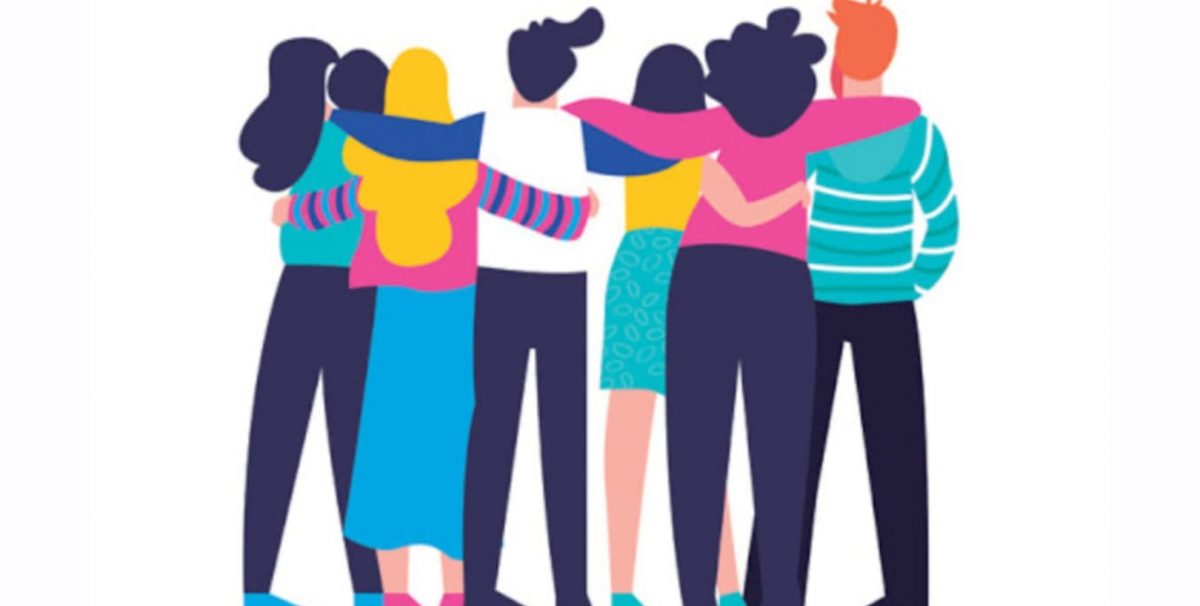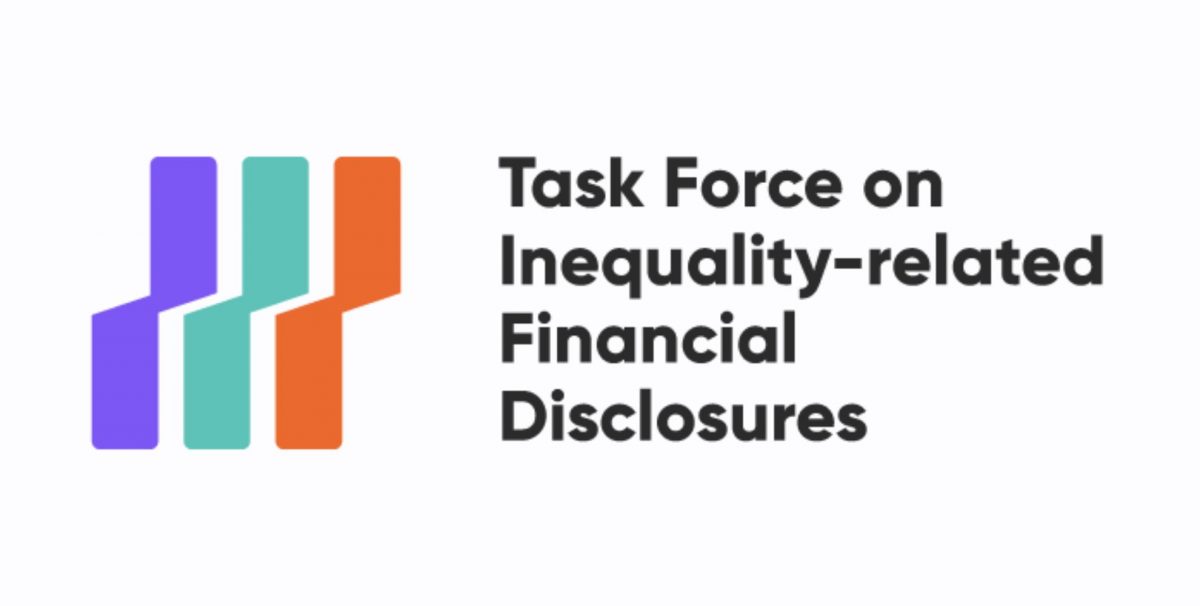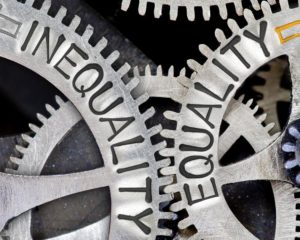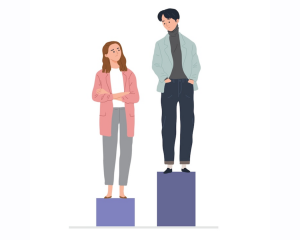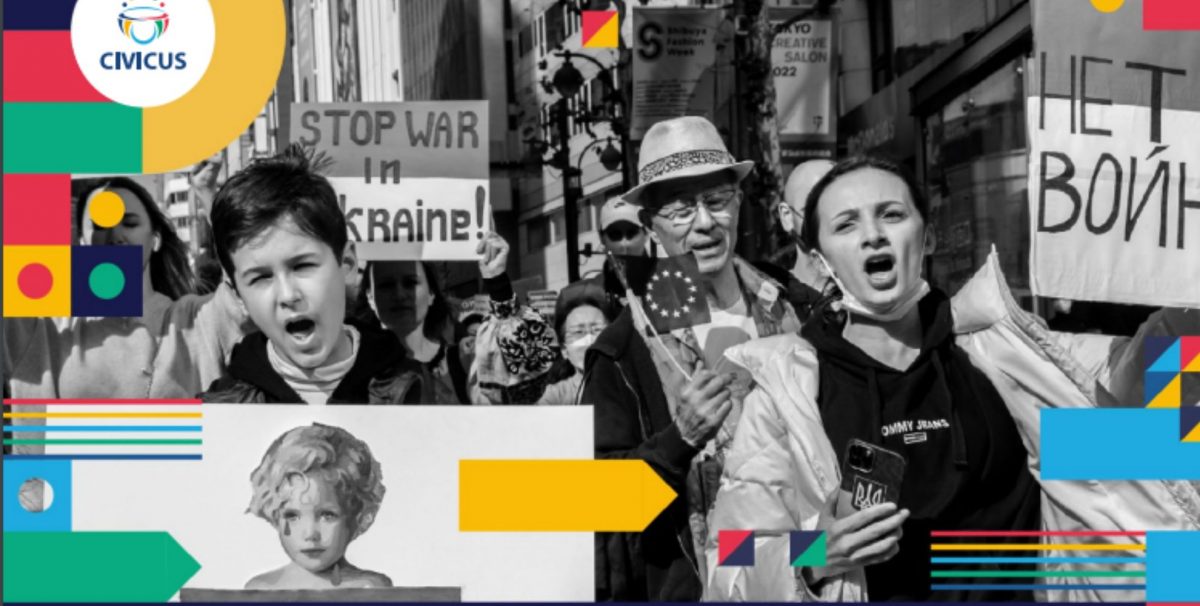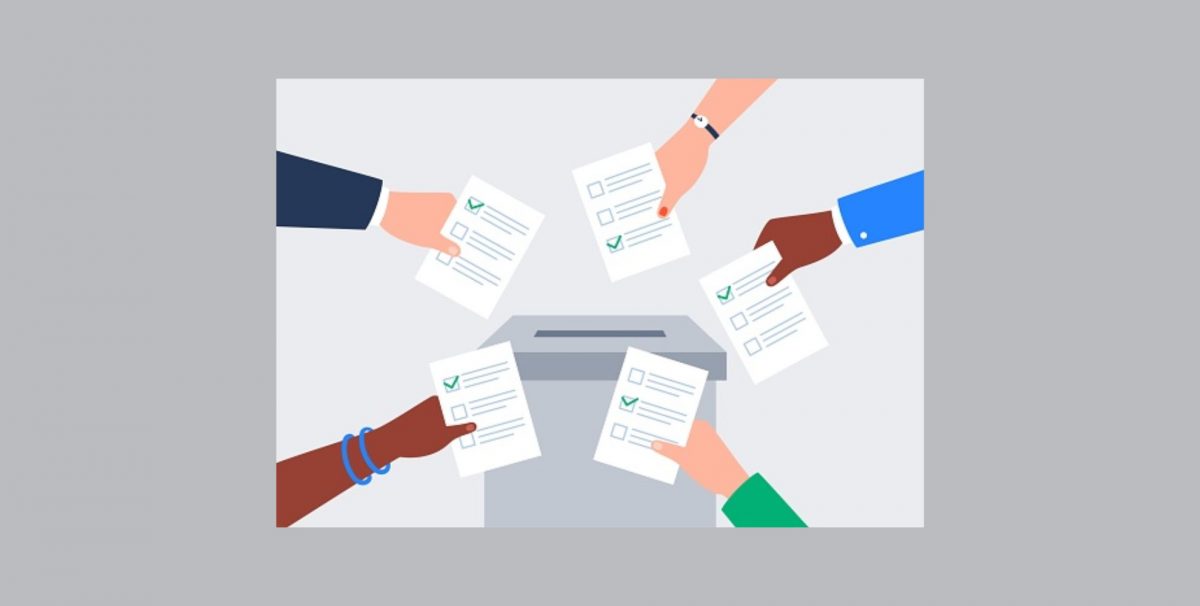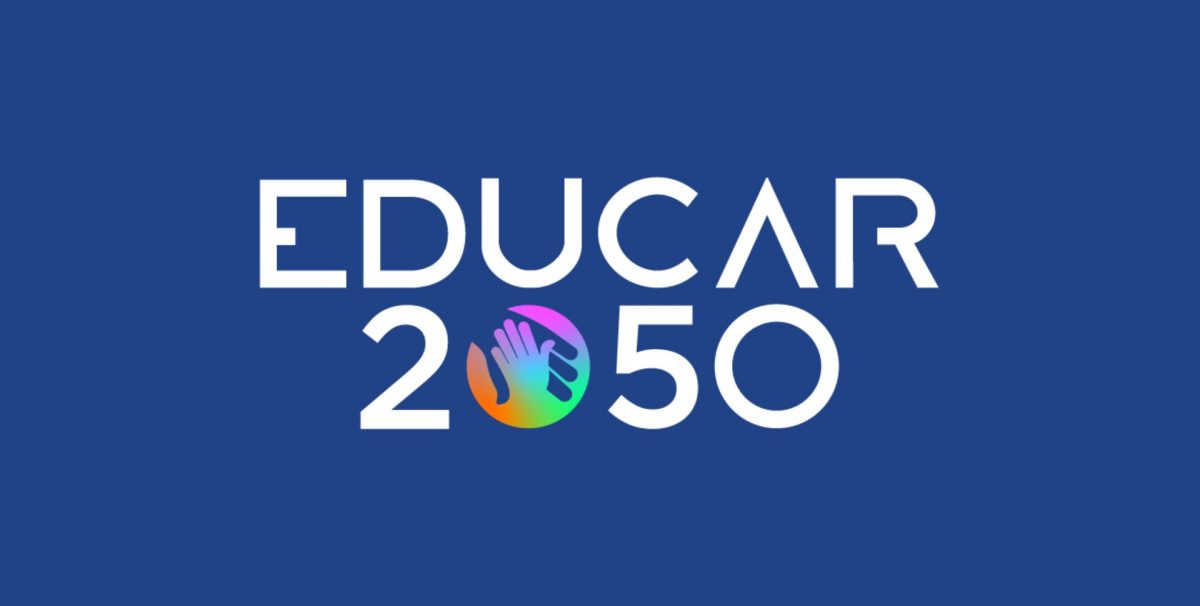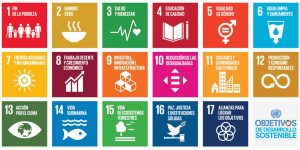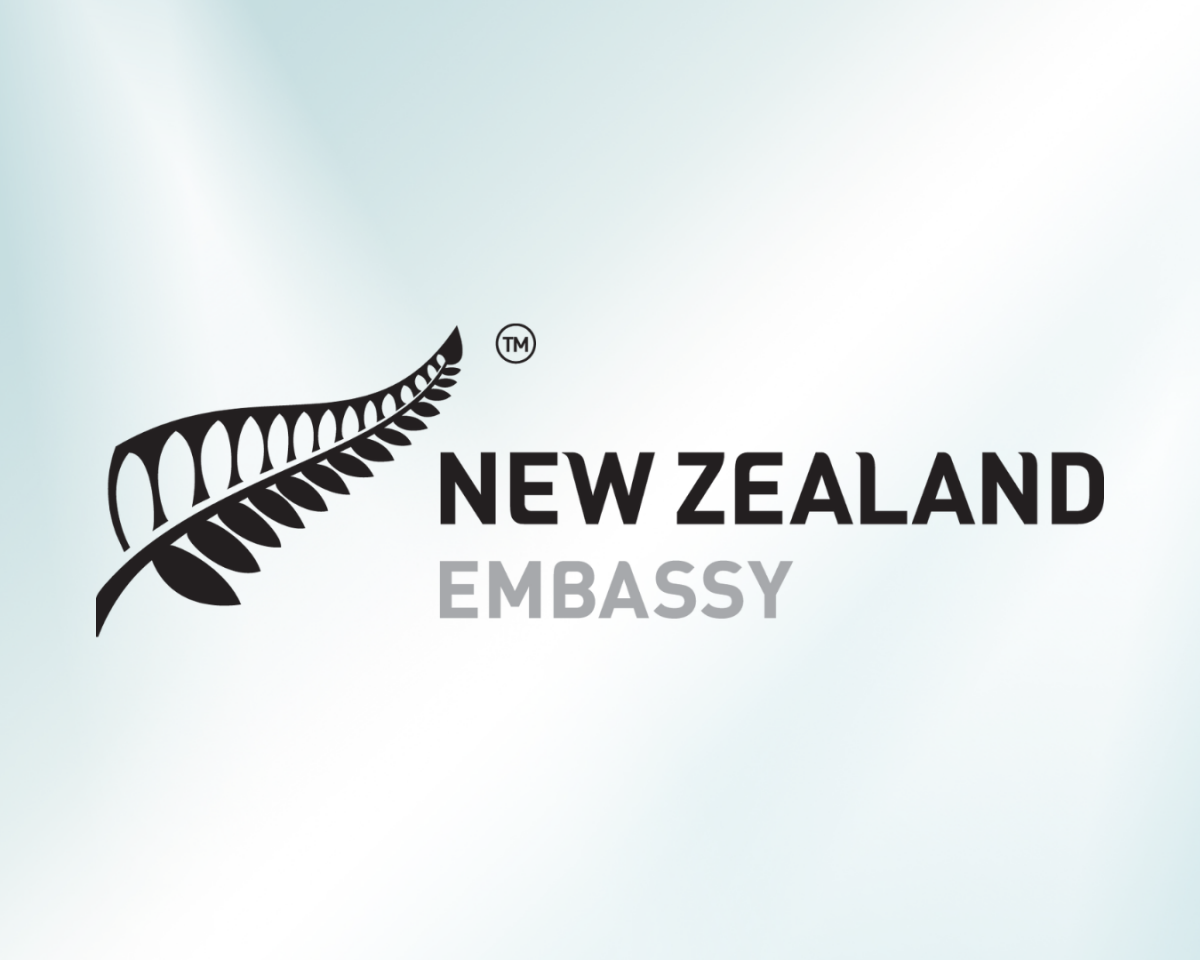By Alejandro Bautista, Sr. Advocacy Advisor, Red Argentina para la Cooperación Internacional (RACI)
The Task Force on Inequality-related Financial Disclosures (TIFD) is a global initiative designed to address the systemic risk of inequality by providing information on inequality risks to investors’ portfolios, businesses, workers and communities. To develop this knowledge base, a process is underway of building a coalition to collectively create a risk management framework that harmonizes existing disclosure frameworks, refines existing metrics of materiality, complete with targets and thresholds. Risk management frameworks are used by investors to gather information from companies so as to shed light on potential risks to their portfolio companies’ financial performance. These frameworks have evolved over time to include analysis of environmental, social, and governance issues – such as a company’s carbon footprint, worker health and safety, and the composition of boards of directors – that are likely to affect investment outcomes.

If frameworks already exist to assess how social risks affect investments, why create a new one? TIFD will harmonize existing frameworks and incorporate novel elements that are not found in any other framework.
First, TIFD is conceived as a systemic risk framework that can shed light on the risks of inequality to investors’ and corporate returns (outside-in risks), as well as the risks of private sector activity to inequality, including those that affect the most marginalized and vulnerable workers and communities (inside-out risks).
Second, TIFD will assess the entire value chain, including not only corporate activity, but also investor-level activity, including how investments are structured and the distribution of returns and value to all stakeholders.
Third, TIFD will also provide context-based targets as guidance to investors and companies. Without guidance on “what good looks like,” disclosing organizations typically set targets that are convenient for them, relative to historical performance, and/or relative to peers. This is beginning to change, however. In the area of climate change: companies are starting to set Science-Based Targets, which recognize that if the world is going to stay below 1.5 degrees Celsius for each company, there is a natural limit to its allowable emissions relative to its activity. For social issues, an example of a science-based target is the allowable pay ratios between the average worker in a company and the executives. TIFD’s targets, which are being developed by our global partners, will deepen the framework’s effectiveness.
Finally, TIFD incorporates a human rights-based approach, which crosscuts all efforts to measure inequality in its multiple and various forms. This implies two important points:
-
TIFD is designed to enable all stakeholders affected by inequality to be included in the process of co-creating the framework. This entails inviting not only investors and corporations, but also vulnerable groups and communities, and civil society organizations working on these issues, both in the Global South and North. This is an important shift in how disclosure frameworks are developed and, for us in the Global South, the most important one.
-
The many different layers of inequality – vertical inequality (e.g., income or wealth) and horizontal inequality (e.g., gender or racial) – have diverse manifestations in the global South and North. For instance, in the global South, inequality may manifest more in the informal sector, as noted below.
Unlike climate change, there is no universal way to define and measure inequality. TIFD is being designed to recognize such regional nuances.
In conversations about TIFD within Latin America, stakeholders confirm the importance of broad-based participation and the consideration of context. For example, most of the people and organizations we consulted expressed interest in the inclusion of considerations of the informal sector within TIFD. According to the International Labour Organization, during the first quarter of 2021, in Latin America “…around 76 per cent of independent workers, and just over a third of wage earners, were informall.” To substantially contribute to reducing inequality globally, TIFD will have to include this sector within its framework. This is a departure from most existing social and environmental disclosure frameworks, which were created primarily by Global North actors for Global North-based multinational companies, and tend to focus narrowly on the formal sector.

While some civil society organizations may have a healthy dose of skepticism about a “financial” disclosure framework to address their goals and concerns, others see an advantage in working with the private sector. Working together might help them move forward with specific agendas that not even the State or the non-profit sector are considering. For example, many companies have shown openness and willingness to tackle the issue of discrimination against people of indigenous descent in Argentina. This is a debate that Argentina’s society is just starting to have, and the private sector could be a strong ally in enhancing the discussion. Additionally, once developed the TIFD framework can be used by civil society to hold the private sector accountable.
Participants also emphasized that, to be successful, TIFD must guarantee that the information disclosed to investors will be public and accessible to all. Only in this way can it be used not just as a tool for investors, but also as a civil society tool for monitoring and holding to account business actions to address their impacts on inequality as well as investors’ use of the disclosures.
As a member of TIFD’s Interim Secretariat, and as a regional organization from the Global South, the Argentine Network for International Cooperation (RACI) is fully committed to the development and implementation of this inequality-related financial disclosure framework. TIFD takes a different approach to promoting and protecting rights. Instead of trying to solve small bits of large problems, it intends to scale up and trigger systemic change. Instead of working with investors and companies alone, it is being designed as a collaboration among diverse stakeholders some of whom may, a priori, be considered improbable partners. Congregating investors, corporations, grassroots organizations, human rights organizations and community and social leaders at the same table is a tough task. But it is a necessary one if we want to develop a participatory process in which we can reach consensus on novel and complex solutions to tackle complex problems.

